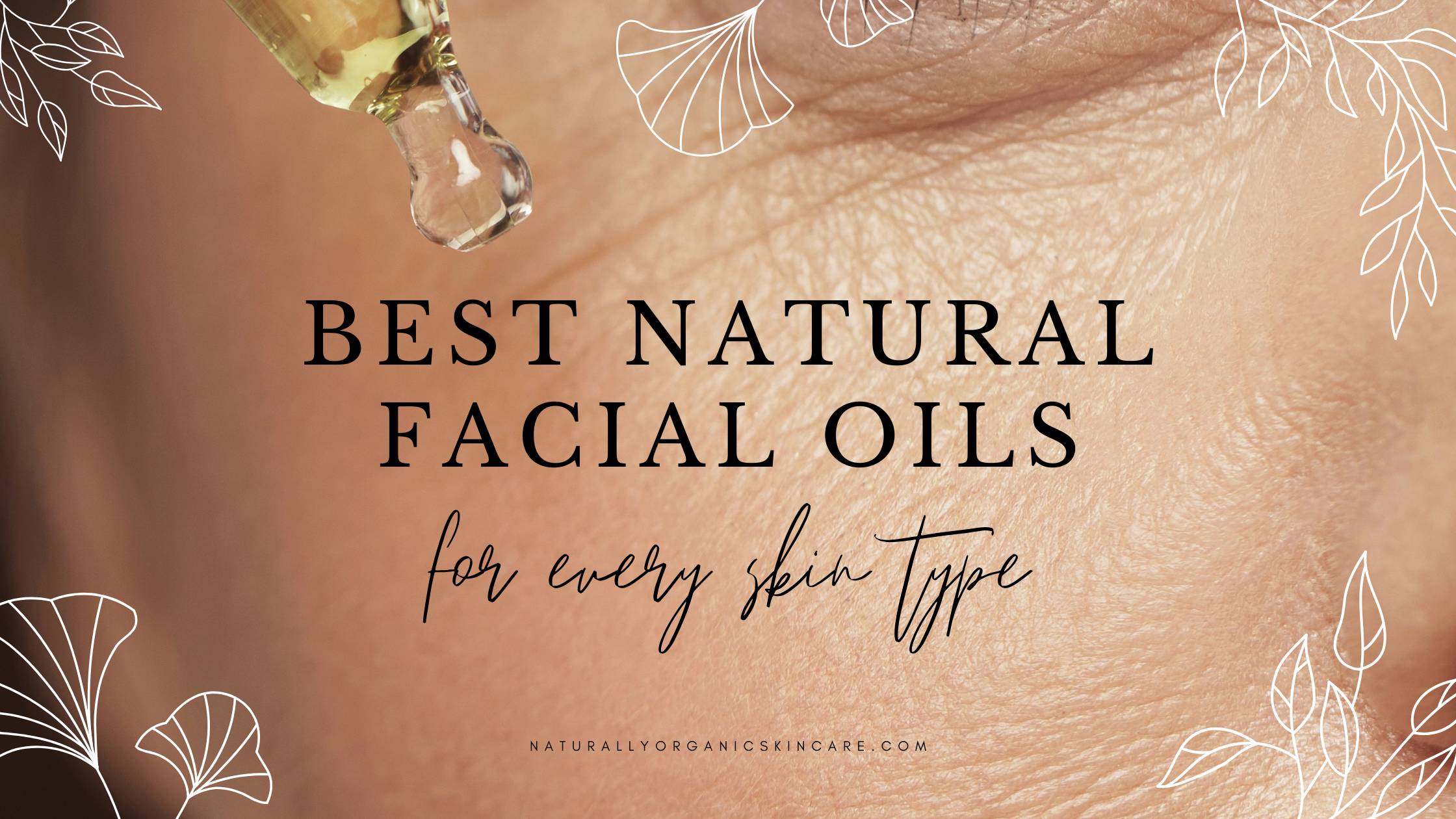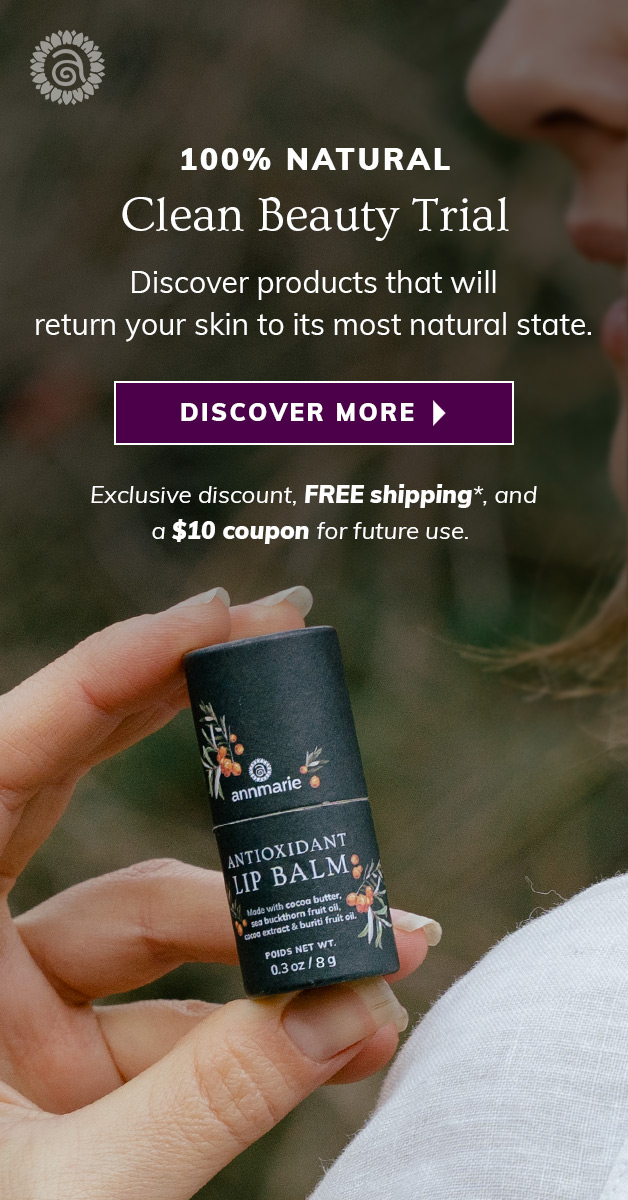The world of facial oils can feel like a secret garden—full of hidden treasures, each one offering unique benefits to make your skin feel amazing. But with so many oils out there, it can be hard to know which one will suit you best. Here, we’ll explore some of the best natural oils for your skin type, each with its own personality, origin, and rich history.
Jojoba Oil: The Skin-Loving Balancer
Jojoba oil is like a comforting friend—gentle, reliable, and versatile. Extracted from the seeds of the jojoba shrub, this oil has an uncanny similarity to our skin’s natural sebum, making it a perfect match for all skin types. Its golden hue comes from careful cold-pressing, a method that preserves its beneficial nutrients. Jojoba oil was first used by Native American tribes for skin healing, and its popularity today owes much to its soothing and balancing effects.
While it feels light and absorbs quickly, jojoba is still wonderfully hydrating. It’s one of those oils you can count on for a no-fuss, nourishing experience that balances your skin without leaving it greasy.
How to Use:
Jojoba oil is perfect to use as an everyday moisturizer, even in the morning. Just a couple of drops can be gently pressed into the skin, giving a subtle glow without clogging pores. For those with oilier skin, it can even help balance out excess oil production.
Rosehip Oil: The Brightening Beauty
Rosehip oil, extracted from the fruit of the wild rose bush, is a true standout in the world of facial oils. High in vitamins A and C, this oil is loved for its brightening and age-defying qualities, and was traditionally used by the Mayans and Egyptians for its healing properties. Harvested from the tiny seeds inside rosehips, this oil requires a delicate extraction process, making it a treasured and potent ingredient.
The rich, golden-orange color of rosehip oil hints at the powerful nutrients packed inside. Slightly thicker than jojoba, it glides on smoothly, leaving your skin feeling velvety soft.
Fun Fact: Trilogy, a well-known skincare brand, has based an entire line on the potent powers of rosehip oil, helping it gain mainstream popularity as a natural anti-aging hero.
How to Use:
Rosehip oil is best used at night, allowing its vitamins and antioxidants to work their magic while you sleep. A few drops can be massaged into cleansed skin, or you can mix it with your moisturizer for an extra hydration boost.
Argan Oil: The Nourishing Treasure of Morocco
Argan oil comes from the nuts of the argan tree, native to Morocco. It’s been a staple in Moroccan beauty for centuries, often used by Berber women to protect their skin and hair from the harsh desert environment. Extracting argan oil is a labor-intensive process that involves cracking the nuts by hand to access the kernels inside—a testament to its value and rarity.
Known for its high levels of vitamin E and fatty acids, argan oil is a rich, nourishing treat for dry or sensitive skin. The oil has a subtle nutty scent and a slightly richer texture, which feels almost creamy on the skin.
Fun Fact: Argan oil has become so valuable that it’s one of Morocco’s top exports and has even earned the nickname “liquid gold” for its luxurious skin benefits.
How to Use:
Argan oil is ideal for nighttime use, particularly for those with dry or aging skin. A few drops applied to damp skin help lock in moisture, leaving you with a soft, hydrated glow by morning.
Squalane Oil: The Weightless Wonder
Squalane might sound like a science term, but it’s actually a moisturizing oil derived from olives. Originally, squalene (the precursor to squalane) was extracted from shark liver, but now it’s thankfully sourced from plants, making it a cruelty-free option that’s lightweight and non-greasy. Its structure closely resembles natural skin lipids, making it incredibly compatible with our skin and allowing it to absorb quickly without clogging pores.
Clear, odorless, and ultra-light, squalane is ideal for people who want hydration without any oily residue. It’s particularly popular for layering under makeup, as it provides a silky base that helps other products glide on smoothly.
How to Use:
Squalane is a great daytime oil due to its weightless feel, but it works well at night too. Apply a drop or two after cleansing, or mix a small amount with your foundation for a dewy look.
Marula Oil: The Radiance Booster
Extracted from the kernels of the marula fruit native to Southern Africa, marula oil has a long history of use among local communities, where it’s prized for its high levels of antioxidants and fatty acids. The marula tree is even considered sacred in some cultures. This oil is a favorite for its ability to boost skin radiance, leaving a soft glow that feels luxurious.
With its faintly sweet scent and velvety texture, marula oil is slightly richer than squalane, but still absorbs quickly, leaving a hint of glow that looks healthy and natural.
Fun Fact: Some say marula oil is so gentle and non-irritating that it’s even used on babies in African communities, making it a go-to choice for those with sensitive skin.
How to Use:
Apply marula oil at night or layer it over your moisturizer for a skin-quenching boost. If you’re after a glow in the morning, try adding a drop to your daily moisturizer or using it as a base under makeup.
Sea Buckthorn Oil: The Bright Orange Healer
Sea buckthorn oil is a striking, bright orange oil made from the small berries of the sea buckthorn plant, native to the mountains of Europe and Asia. This berry is packed with vitamins A, C, and E, making it an ideal choice for those with sensitive or inflamed skin. Extracting the oil involves careful cold-pressing to preserve its nutrients, giving it its characteristic vivid hue.
With a slight tangy scent, sea buckthorn oil feels thick and rich but absorbs easily, making it a powerful addition to a nightly routine. Its bright color can leave a slight tint, which is why it’s often mixed with other oils to soften its impact.
Fun Fact: Sea buckthorn oil is so nutrient-dense that astronauts have taken it on space missions to protect their skin from harsh environmental conditions.
How to Use:
Because of its bright color, try mixing sea buckthorn oil with a lighter oil like jojoba or squalane. It’s best used at night to calm and nourish your skin while you sleep.
Finding Your Perfect Match
Each of these oils brings its own unique benefits to the table. If you’re unsure which one to try, think about your skin’s needs:
- For balance: Jojoba is a gentle option that works with all skin types.
- For brightening and anti-aging: Rosehip oil’s high vitamin content makes it a strong choice.
- For deep hydration: Argan or marula oil offer that extra richness.
- For lightweight hydration: Squalane is hard to beat.
- For sensitivity and calming: Sea buckthorn offers a gentle touch for sensitive skin.
Start with a small amount and do a patch test if you’re new to an oil. You may even find that mixing a couple of these oils works wonders for your skin!
Let your skin enjoy a touch of nature and experience the difference these natural facial oils can make. Each one has a story, a unique journey from plant to bottle, and a gift of nourishment ready to become part of your skincare ritual.




